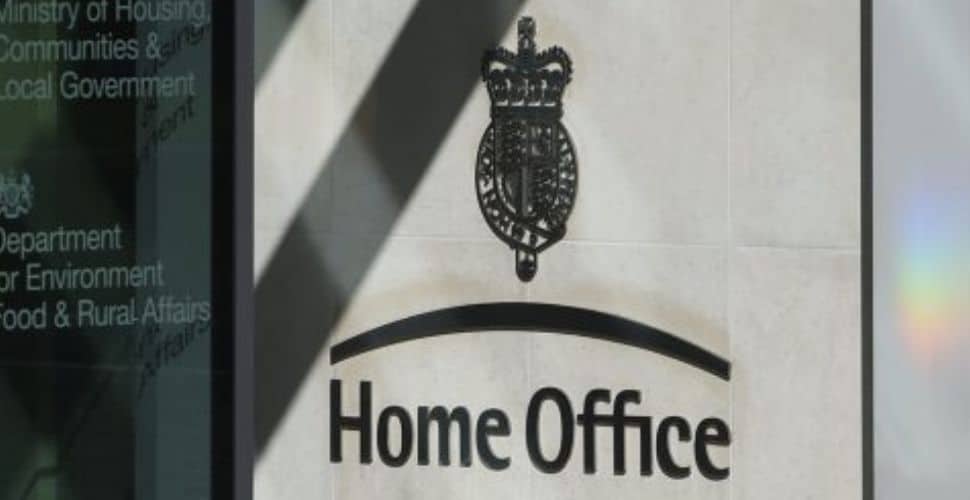In an opinion piece for the Guardian, the U.K.’s Independent Anti-Slavery Commissioner Dame Sara Thornton calls out the Home Office for failing to support modern slavery and trafficking victims.
The U.K. is falling short
In 2015, then Home Secretary Theresa May adopted modern slavery as a priority issue and saw the Modern Slavery Act pass into law – the first legislation of its kind. Since then, the U.K. has consistently positioned itself as a world leader in the fight against modern slavery. But is the U.K. living up to this rhetoric?
Thornton writes, perhaps not. Though modern slavery victims from abroad are not automatically granted temporary secure immigration status “Home Office guidance states that they will be automatically considered for temporary leave to remain if they do not already have this”. The reality is that few victims are granted this temporary leave to remain. In fact just 8% of applications were successful in 2021.
Shirking responsbility
As the UK’s anti-slavery tsar, Thornton is urging the government to do all it can to ensure all victims of modern slavery are properly protected and their rights respected. Thornton recalls the case of an Eritrean national, Jane*, who left Eritrea in the 2000s and traveled to the UK and other countries. She was traveling with her employer who subjected her to abuse, unpaid work, and conditions amounting to servitude.
Jane was recognized by U.K. authorities as being a victim of trafficking. But even in Jane’s case, her experiences were still not enough to move the Home Office to grant her leave to remain.
Decisions made by the Home Office regarding the safety and recovery of modern slavery victims are dangerous. In Jane’s case, the Home Office referred to the US Trafficking in Persons report to demonstrate that Eritrea is a safe country to return, despite Eritrea being ranked in the lowest tier “implying that the government does not meet the minimum standards for the elimination of trafficking and is not making significant efforts to do so.”
Ultimately, Thornton makes the assertion that the U.K. is sending back far too many trafficking survivors to unsafe countries. Once deported to their country of origin, survivors risk being trafficked again. For some, their lives are at risk.
Will the government take action for survivors?
The Freedom United community has been calling for greater protections for all modern slavery survivors in the U.K. since launching our campaign back in 2018. Since then, not only have we seen little progress but survivors’ rights continue to be dismissed by the government and there is a distinct dearth of compassion for people who have endured modern slavery and trafficking. This is made evident through the continued and indefinite detention of trafficking survivors in prison-like settings.
Dame Sara Thornton writes:
Ministers have repeatedly provided assurances that decisions on granting leave to remain for survivors of trafficking will be made on a case-by-case basis. But it is hard to have confidence in the system when confronted with this quality of decision making. Lord McColl’s amendment would ensure a more generous approach to vulnerable and traumatised victims of the most serious crimes. Seriously considering it would be the least the government could do.
Over the past few weeks, the controversial Nationality and Borders Bill has been debated in the House of Lords, the U.K. parliament’s upper house. We have seen peers in the House of Lords support Lord McColl’s amendment calling for all modern slavery victims in the U.K. to receive a minimum of 12 months leave to remain and guaranteed statutory support during that time – this is crucial for survivors to be able to recover from their experiences.
Though the support in the House of Lords is encouraging, we must not see this be undone once the bill goes back to the lower house. It is vital that the government consider Lord McColl’s amendment and finally turn its stated commitment to supporting survivors into action.
In the U.K.? Send your MP a message and ask them to stand with trafficking survivors.







Freedom United is interested in hearing from our community and welcomes relevant, informed comments, advice, and insights that advance the conversation around our campaigns and advocacy. We value inclusivity and respect within our community. To be approved, your comments should be civil.